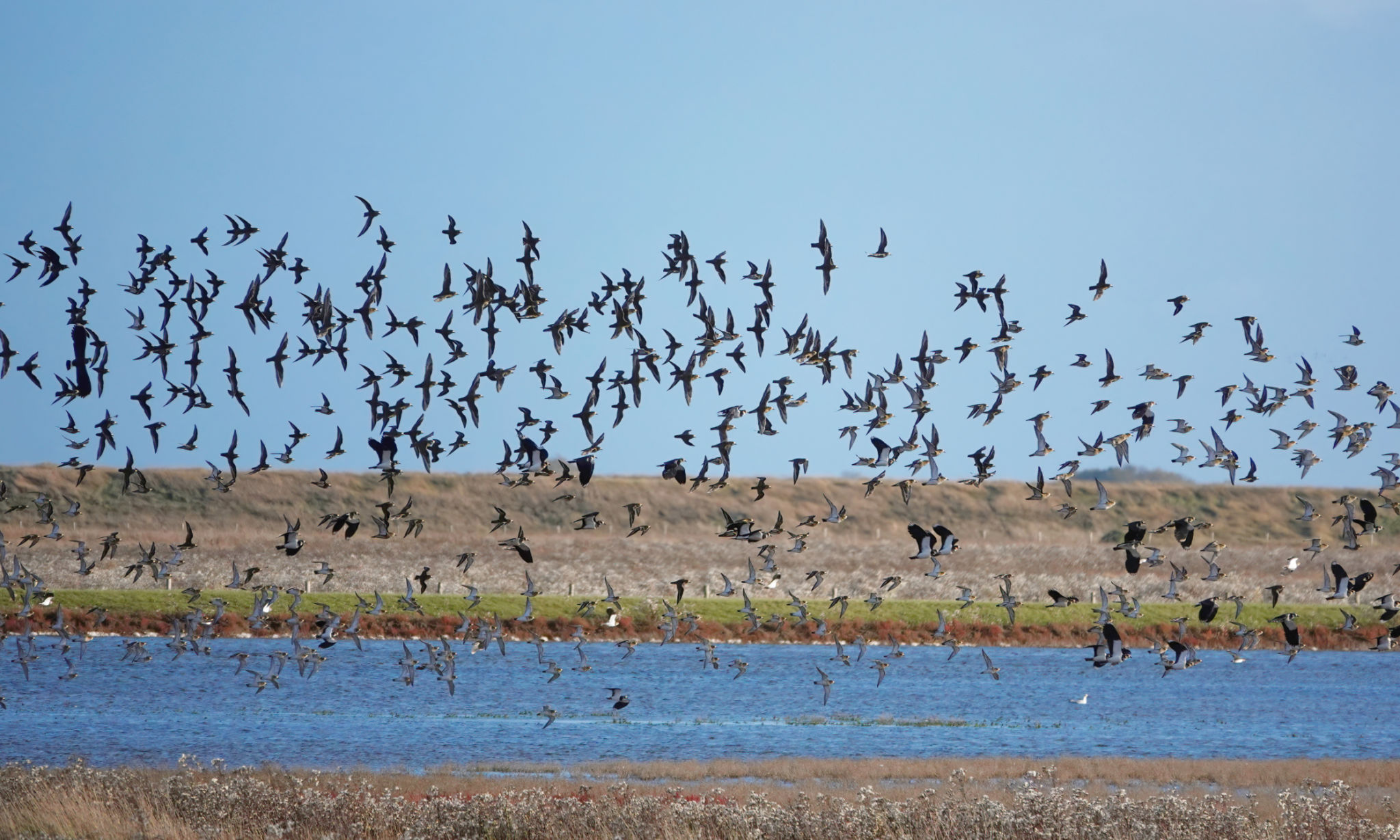Wildlife Conservation Efforts: Expert Tips for Making a Difference
Understanding the Importance of Wildlife Conservation
Wildlife conservation is crucial for maintaining biodiversity and the health of ecosystems around the globe. With the increasing threats from climate change, habitat destruction, and poaching, it is more important than ever to take actionable steps to protect our planet's wildlife. By preserving wildlife, we not only ensure the survival of various species but also maintain the balance of natural processes that are vital for human survival.

Getting Involved: Ways to Contribute
There are numerous ways individuals can contribute to wildlife conservation efforts. Here are some expert tips to get started:
- Educate Yourself and Others: Understanding the issues facing wildlife and spreading awareness can lead to more significant change. Join workshops, read articles, and share information with your community.
- Support Conservation Organizations: Many organizations are dedicated to wildlife preservation. Consider volunteering your time or donating to support their initiatives.
- Practice Sustainable Living: Simple lifestyle changes like reducing waste, conserving water, and using eco-friendly products can have a positive impact on the environment.
Creating Wildlife-Friendly Habitats
One of the most effective ways to support wildlife is by creating habitats that cater to their needs. Whether you have a large backyard or a small balcony, there are several ways to make these spaces more attractive to local wildlife.
Here are a few ideas:
- Plant Native Species: Native plants provide food and shelter for local wildlife and require less maintenance than non-native species.
- Install Bird Feeders and Baths: Providing food and water sources can attract a variety of birds and small animals to your area.
- Create Shelter: Leave piles of leaves, logs, or rocks as natural shelters for insects and small mammals.

Advocating for Policy Change
Policy plays a significant role in wildlife conservation. By advocating for stronger environmental protections, individuals can help shape laws and regulations that benefit wildlife. Engage with local government representatives, support legislation that prioritizes sustainability, and participate in public forums to voice your concerns.
Participating in Citizen Science Projects
Citizen science projects offer a unique opportunity for individuals to contribute to scientific research and conservation efforts. These projects often involve data collection on local wildlife populations, which can help researchers monitor changes in biodiversity. Participating in such projects can be a rewarding way to make a tangible impact.

The Power of Collective Action
While individual efforts are essential, collective action amplifies the impact of conservation initiatives. Joining or forming community groups focused on conservation can lead to more coordinated and effective actions. Community clean-ups, tree planting events, and educational workshops can all contribute significantly to local conservation efforts.
In conclusion, wildlife conservation is a shared responsibility that requires commitment and action from all sectors of society. By educating ourselves, making sustainable choices, advocating for policy change, and participating in community efforts, we can make a significant difference in preserving our planet's biodiversity for future generations.